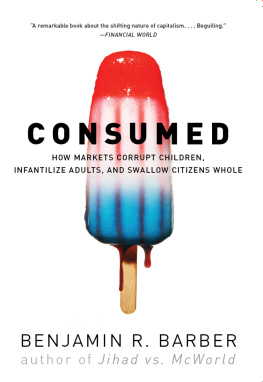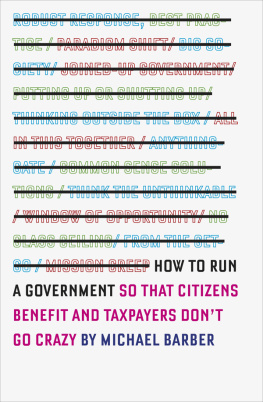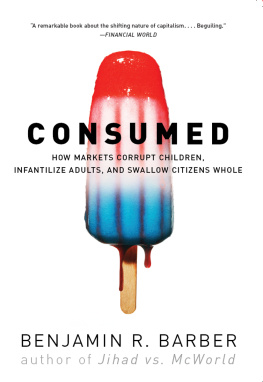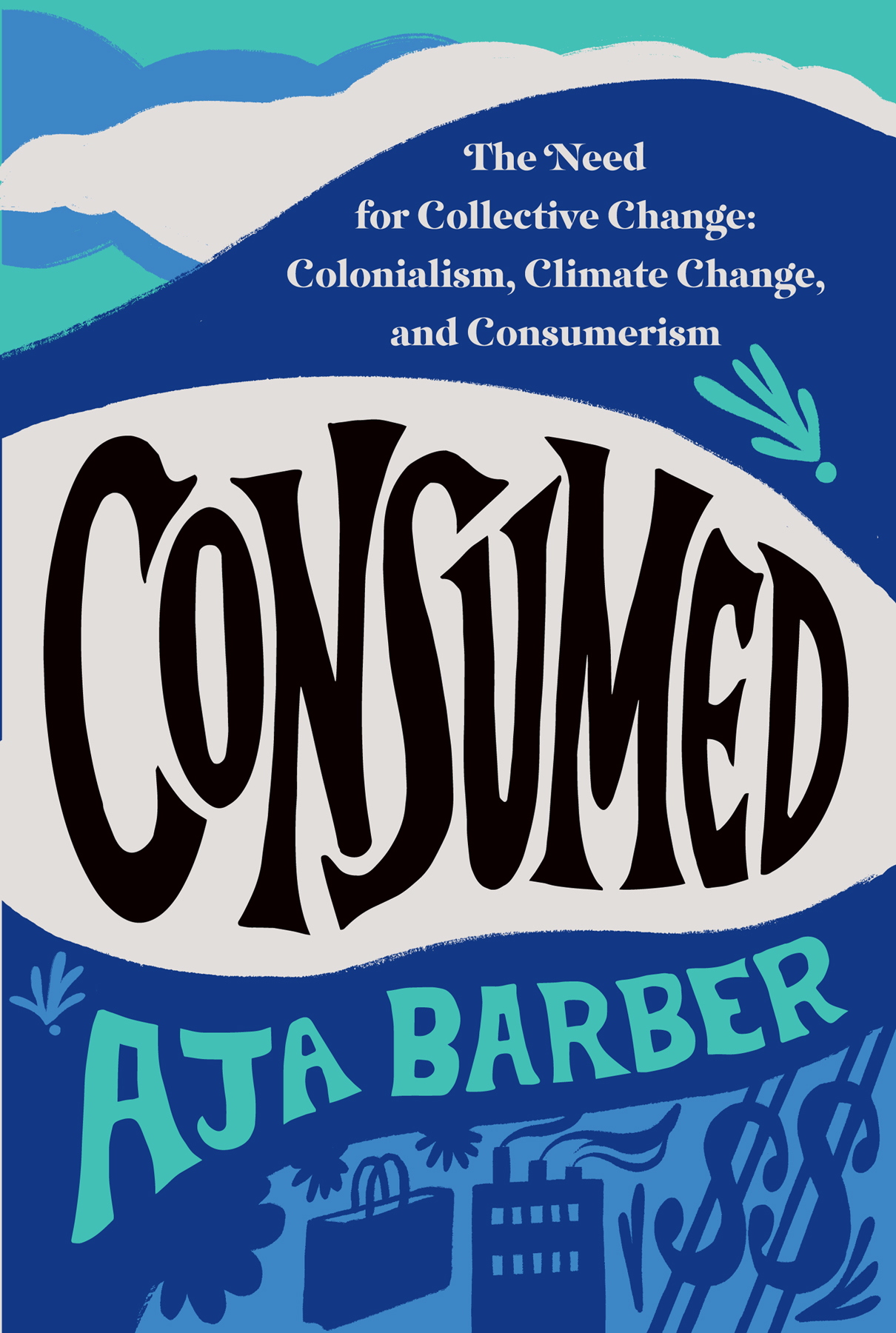Im an American but Im based in London. What that means is some of the language and rhetoric youll see here might pertain to the UK and some might pertain to the US. You get bothlucky you! Sometimes I code switch; sometimes I use facts and figures from both places in the same section, sometimes I talk about one or the other. Language is flexible, and all the stats here are verifiable. Roll with me!
Hello there, my dudes,
Aja Barber here.
Im one of many of us with platforms, telling my following and anyone who will listen to not support your brands and your businesses anymore and to seek alternative options (if they can). I hope you read this book, and I hope you know that I have no plans of stopping until something changes. Or I die. But the women in my family tend to live long, healthy lives, so I might just be here for a while. That is, unless the climate emergency kills us all (enjoy your underground bunkers, dudes).
I wanted to let you know that, upon publication of this book, I will have donated $10,000 of my own hard-earned money to both garment worker unions and organizations at the end of your supply chain. I am not a billionaire (but most of you are). I am not even a millionaire (but most of you are). Im an individual who put way too much of my money into your pockets for far too long, when it should have been in the garment workers pocket all along.
But back to you.
Every single day, you have plenty of opportunities to do the right thing. And the power with which to do it. And you choose not to.
You could pay more money for your clothing at the factory, agreeing on an absolute minimum for certain items at cost, which would eliminate the race to the bottom globally.
You could give your money directly to garment worker unions and stop union busting.
You could clean up the waterways that your clothing factories are spewing waste into at an accelerating rate.
You could simply choose to make less stuff and stop pushing consumers to buy more of it through manipulative and expensive marketing (and perhaps consider, if you didnt spend those seven- or eight-figure sums on pushing products, where that money could goyes, you guessed it, to the people who created your products in the first place).
Of course, all of this looks like smaller profit margins for you, but let me tell you, it looks like a better and more sustainable world for everyone else.
We all know this planet has far too much stuff, and thats a problem youve createdone that is harming the people, the climate, and the planet.
Every year, month, day, and even hour that you choose not to do these things, you are willingly turning away from the problem you have created and profited almightily from. Some of you have so much money that you could give away 90 percent of it and never run out of money in your lifetime.
So thats what I challenge you to do.
Use your money to clean up your mess. Use your enormous fortunes to make this system better for everyone. Step away from this slash-and-burn cycle. Stop with the cute recycling bins in stores, which your market research has taught you only incentivize consumers to buy more. Cut it out with the sustainable lines that account for less than 1 percent of your business. Reform your entire business from top to bottomfrom how you treat people at the bottom right through to the growth targets you set yourself. Think about other growth targets, like 0 percent carbon emissions. First person to use their own money to do this wins, and Ill stay off your back (until you do something else crappy). The days of hand-over-fist profit over humanity are over. Its kind of a bad look.
I still believe you might have a smidgen of humanity left in you, behind those piles of money you are so keen to grow, with no real purpose other than capitalist ambition. So, prove it. Because heres the thing: you cant buy integrity.
Now read on.
Footnote
Its safe to address you as dudes because 95 percent of you are men (according to The Route to the Top 2018 report by Heidrick and Struggles), which is frankly a problem, but thats for another book.
Every consumer has the right to know who produces their clothing and under what conditions, whether it be labor conditions or environmental, just like the ingredients written on the food packaging that you buy.
Anannya Bhattacharjee, Asia Floor Wage Alliance, and Garment and Allied Workers Union
W elcome to Consumed. This is a book about stuff (particularly apparel) and why we need less of it, and what information you need in order to climb out of this mess.
The book is divided into two sections: is everything you need to know, but maybe didnt (I mean, I didnt know either until a short while ago) about how we got here, and why this problem is historical and endemic and tied down to oppression along the way. It will get heavy, but we will hear from the people who need to be heard.
I address you. Hi, consumer of stuff! It isnt your fault that overconsumption has become a part of our culture. The likelihood is that you do it, just like I did, because youve been taught to. Who else is going to change this system other than you and me?
H ow did I get into this conversation in the first place?
From a very young age, I understood the power of sartorial choice. When I got to high school, my passion had turned from an interest in fitting in through material items and consumption into a genuine love of fashion, but I was also very aware of my placement in life. I knew there was very little room for Black girls in the fashion industry, but my progressive (though not












